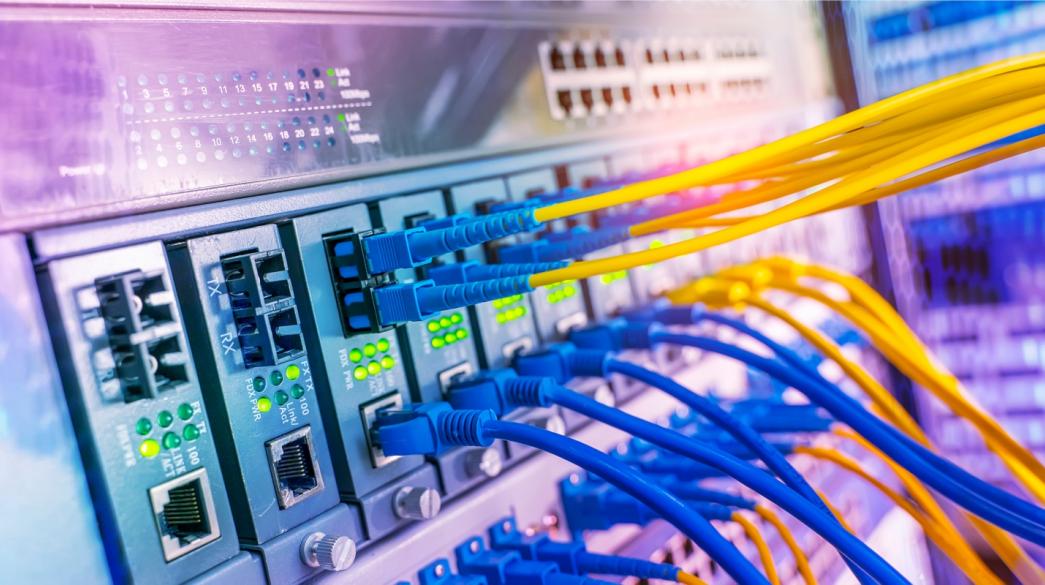Greece has the most expensive internet in the EU, Eurostat data confirms, as charges in the year of the pandemic for telecoms services were 73 percent higher than the European average. The gap opened wide in 2020, as in 2019 the difference with the EU average was 63.1 percent.
In particular, Greece is the most expensive EU country and second most expensive in the wider European area with 173 points in the European Price Index in telecommunications. It is behind Norway with 180.1 points. It is noteworthy that in the year of the pandemic, Belgium, which was at the top in 2019, fell to third place with 170.9 points.
In the Pissarides report published a year ago, it was stated that “although direct comparisons are not always possible, at the level of wider groups, prices in Greece for communication services are much higher than the EU-28 average (by 63.1 percent in 2019)," with the huge difference indicating serious competition distortions.
At the same time, the lack of competition combined with the economic crisis created a prolonged period of low network investments, with Greece being left behind in Europe regarding the development of fiber optics with less than 10 percent of households connected. According to data from IDATE New Fiber Market Panorama 2021, published by the FTTH Council Europe, Greece is in the top 10 countries that have the furthest to go in having a complete fiber optic network, with 3.99 million households unable to connect.
As the Commission's report pointed out in April, there are no developed fiber optic networks in Greece. It also mentioned that Greece had finally started investing in the development of fiber optic networks in 2019 with their coverage being at 7 percent, rising from zero levels a year earlier, but still light years away from the European average of 44 percent.
As the Commission's report underlined, the transition to very fast internet connections in Greece is much slower than in the other member states, and our country was in the last position for 2019 as it had very little coverage at high speeds, and the fiber network much later than it did in other European countries.









